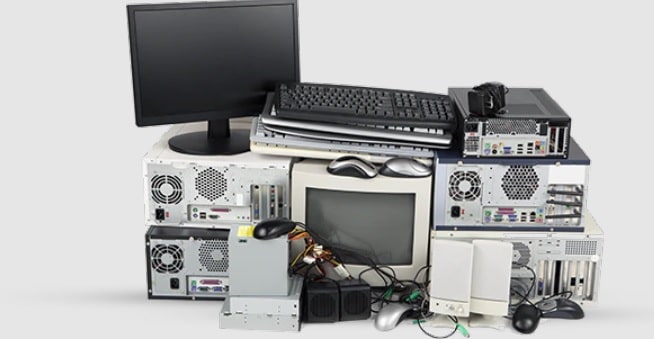Recycling old computers to reduce electronic waste is a good decision when thinking about getting rid of them.
An "old" computer may be the first for another person or contain useful parts to put in condition a PC that is failing.
If it is no longer fixed, its materials, which can be recycled and those that are not, are worth potentially hazardous waste.
It is estimated that each year, almost 100,000 tons of electrical and electronic equipment are discarded, representing 2.5 kilos of recyclable lags per capita in many countries. As much as they are in disuse, much of the devices can be recycled: plastic, aluminum, copper, iron.
But once they were arranged - in a specially conditioned site - or abandoned, they become a special waste of universal generation, due to the parts manufactured with toxic substances such as mercury, cadmium, selenium and nickel.
There are many electronic waste recycling campaigns, we must inform ourselves in our locality when and where these collection campaigns are carried out, in order to deliver our disused electronic devices and that they can be effectively recycled or if properly destroyed.
- These types of campaigns are based on extended responsibility and include electronic devices until the end of their useful cycle such as:
Computers and laptops - Notebooks
- Monitors
- Keyboards
- Mouses
- Connectivity equipment (decoders, modems, hubs, switches, posnets).
- Printers and copiers.
- Fixed and cellular phones, telephone exchanges, faxes, telex.
- Audio and video equipment
Some of these devices according to their condition are delivered to NGOs to be recycled and donated to schools or social centers, where you can also take them in the future.
On the other hand, devices that no longer have adequate repair will be scrapped by hazardous waste operators, in order to rescue items that can be recycled.
In this way we can contribute to our planet and take more care of the environment.

